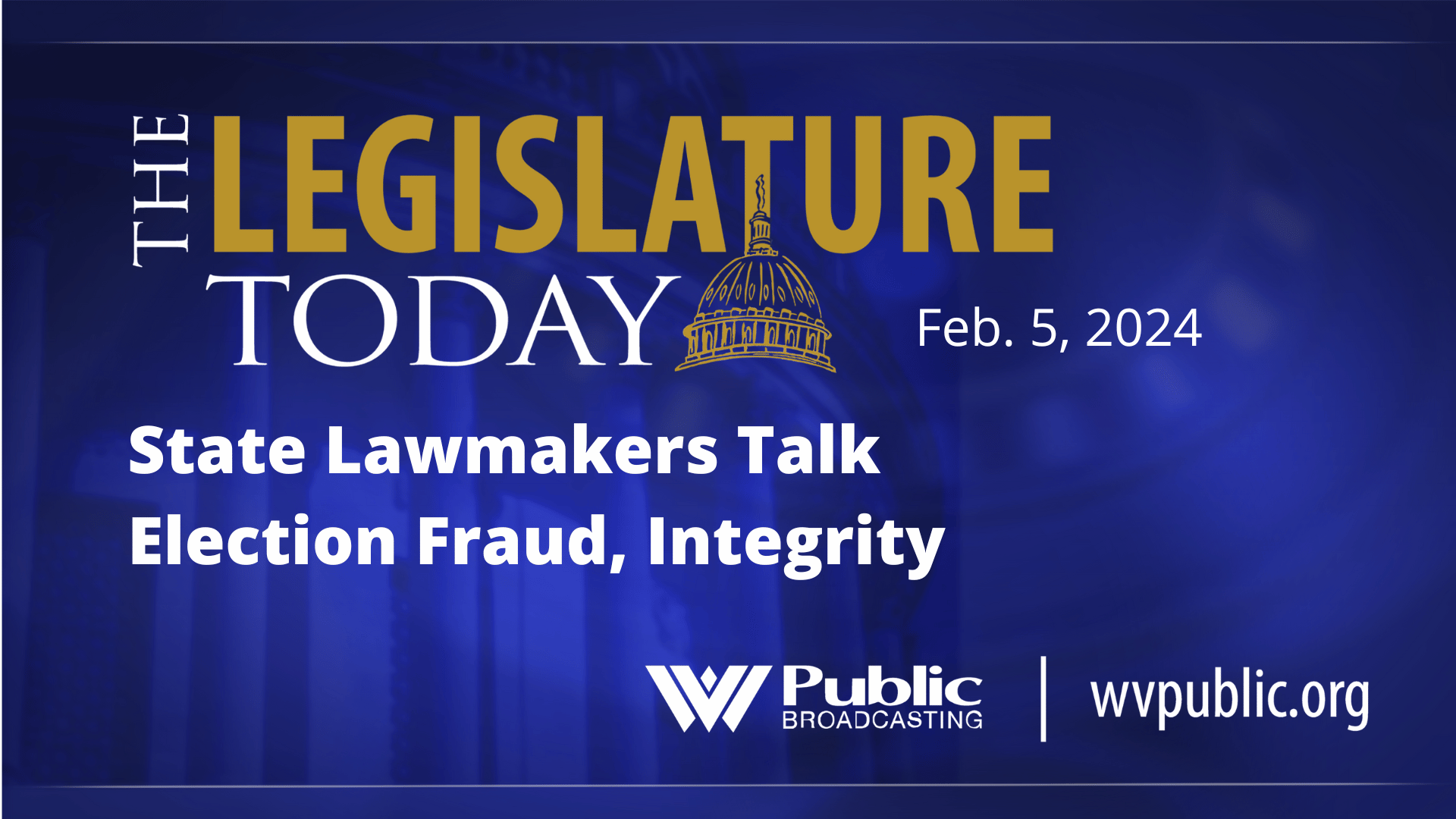The Electronic Registration Information Center, or ERIC, is a bipartisan, multi-state partnership aimed at helping states maintain accurate voter rolls. This past March, Secretary of State Mac Warner withdrew West Virginia from ERIC, citing partisan influences.
The Electronic Registration Information Center, or ERIC, is a bipartisan, multi-state partnership aimed at helping states maintain accurate voter rolls. This past March, Secretary of State Mac Warner withdrew West Virginia from ERIC, citing partisan influences. Last month, Warner announced West Virginia was making new data-sharing state partnerships to prevent election fraud.
Warner said more than half of any voter duplications happen in neighboring states. He has West Virginia now joining in voter data-sharing agreements with Ohio and Virginia along with Florida. He said the goal is a 50-state membership.
“We’ll get to the broader states, a larger number of states over time,” Warner said. “You can see, we started with Virginia and now we’ll be working with Pennsylvania, Kentucky, and Maryland. Again, this is the very beginning.”
Those states are three of the 24 states that currently belong to ERIC.
Wisconsin Election Commission Commissioner, former ERIC Chair, and current board member, Meagan Wolfe said the consortium offers highly secure, bipartisan state voter rolls data sharing that produces election safeguarding results.
“There have been more than a million voter records that have either been updated, updated with a new address, or deactivated where they’re no longer on Wisconsin rolls, because of information that we received from ERIC,” Wolfe said. “ERIC is also the only tool that allows us to see if somebody has committed some type of voter fraud, and voted in two different states.”
Warner said he withdrew West Virginia from ERIC because the system was stagnating.
“They were stuck,” he said. “There were 30 or 31 states, and a number of states, including the big one like California that I think were prohibited by their state law from entering into the ERIC type program. There’s nothing that prevents any of the states from getting into memorandums of agreement with individual states.”
Wolfe said ERIC is not stagnant, but a dynamic data sharing system.
“It’s not a one-time thing,” she said. “You can’t just get one ERIC report.
It’s something where you need to be constantly getting that data and incorporating it into your process, into your statewide voter registration database.”
With a handful of Republican states, including West Virginia, pulling out of the consortium in 2023, ERIC has become a national political football. Warner said the other reason West Virginia quit ERIC was suspected partisanship from ex-officio, non-voting, advisory ERIC board members.
“When they didn’t remove themselves or the board didn’t address that issue, then it showed the partisanship nature of the entire thing and just led to what is, if not the reality, at least the perception of partisanship,” Warner said.
Wolfe said Warner’s assertion of ERIC partisanship is part of a misinformation and rumor mill.
“It is not truthful information about what ERIC is, the results of information that’s just not accurate,” Wolfe said. “Based on concerns from other states, the ERIC membership all agreed to amend our membership process, and we no longer have any of those advisory seats. The voting states are made up of both Republicans and Democrats from across the country.”
Wolfe said creating a new state-to-state voter data sharing system will not be a simple task.
“Without Eric, there’s not the ability to be able to exchange that data in a way that is as effective or as secure, or that is allowed under state laws,” Wolfe said. “I would agree that it’s not a simple task, certainly to create some sort of alternate process.”
Warner said a 50-state solution is needed to address the real problems that will increase confidence in West Virginia’s elections. Several of the states that recently left ERIC have state leaders that aspire to higher office, including gubernatorial candidate Warner, who says that is not the reason.
“It’s a state issue, not a political aspiration issue,” Warner said.
